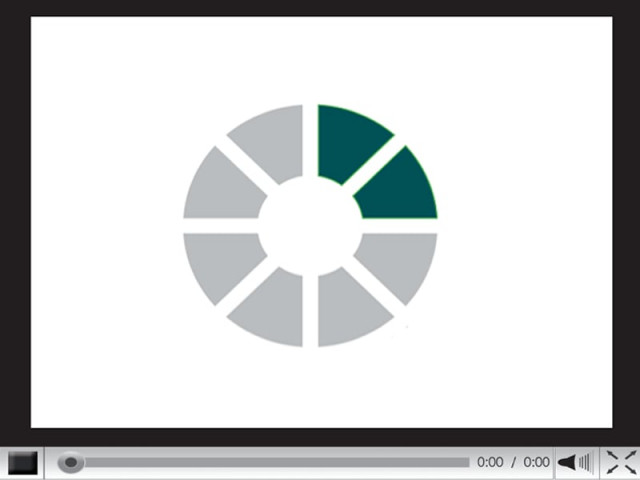Monitoring the web: Rehman Malik sets up body to review YouTube ban
Committee to develop software to filter content; ban bypassed through proxy sites.

Interior Minister Rehman Malik announced on Thursday that he has formed a committee to review the ban on video-streaming site YouTube.
The review is Malik’s personal initiative since the issue does not fall under the purview of his ministry.
The review committee will attempt to develop software that would monitor the uploading of “objectionable material” on the video sharing website.
The final decision, however, will come from the Pakistan Telecommunication Authority which was negotiating, till latest reports, with YouTube for removal of videos that caused the imposition of ban in the first place. The authority is also attempting to get the website registered locally.
The government of Pakistan banned YouTube on September 17 to block access to blasphemous film “Innocence of Muslims” after violent protests erupted across the Muslim world.
Nationwide protests still ensued on September 21, claiming 26 lives, wounding 200 people and causing massive financial damage across the country.
Ineffective ban
Despite a blanket ban, viewership of video streaming site YouTube in Pakistan has not plummeted.
Following the ban, YouTube’s ranking on Alexa.com, as among the most visited websites in Pakistan, has fallen from the third to the eighth slot. On the other hand, the rankings of several proxy websites have soared following the ban, in a sign that YouTube may still be getting traffic from Pakistan, through alternative routes.
Several other popular video sites such as Vimeo and Daily Motion that also host blasphemous content have not been banned. Given the failure of the government’s move to block access to such content, experts argue that the “knee-jerk” reaction was ill-thought.
“Content on the Internet is voluntary. If one book is bad, you cannot close down the entire library,” says Sana Saleem, executive director and spokesperson for Bolo Bhi – a non-profit organisation that works actively in areas like Internet freedom and digital security.
Jahanzaib Haque, Web Editor at The Express Tribune agrees. “Either we block the entire Internet, form our own version of the Internet like Iran is trying to do, or come to terms with the fact that we live in a global society,” says Haque.
However, the ban has complicated things for artists, entrepreneurs and political parties who have started to rely increasingly on social media sites like YouTube to engage with their followers.
While almost everyone has turned to alternate avenues like Vimeo, Daily Motion, Bing and Blip.tv, none of them are as user-friendly or have as large a user-base as YouTube.
Pop singer Ali Gul Pir, who became a national sensation when he released his video on YouTube , states that such things are a part of the deal when one chooses to work in Pakistan.
“Instead of fighting continuously, it is best if you find other ways,” says Pir.
Awab Alvi, an avid blogger and member of the PTI states that while the ban has affected everyone, not much has been said or done to revoke it due to the sensitive nature of the issue.
The need for cyber laws
“Anything with blasphemy becomes a no-go zone, but it’s time to stop using nationalism and religion as a blanket for everything,” Saleem argues.
She emphasised the need for a concrete set of cyber laws. It is the current legislative vacuum that is repeatedly used by the government to block access as they deem fit, Saleem argues.
“You [citizens] have a right to express yourself and to access information, both of which have been infringed upon through this YouTube ban. Having a concrete set of cyber laws could have prevented this from happening,” says Haque.
Earlier in the year, a URL filtering and blocking system was also proposed by the Ministry of IT. If approved, the system would act like an online ‘Big Brother’, blocking out content at the URL level, somewhat similar to the firewall used by China.
With elections just around the corner, some like Alvi also expressed fear of political content being censored by the current government.
To ensure a free and fair space for public discourse, a participatory approach is needed in drafting cyber laws, added Saleem. Also meticulous attention needed to be paid when defining terms like “blasphemy,” “morality” and “national security”.
Published in The Express Tribune, November 9th, 2012.



















COMMENTS
Comments are moderated and generally will be posted if they are on-topic and not abusive.
For more information, please see our Comments FAQ